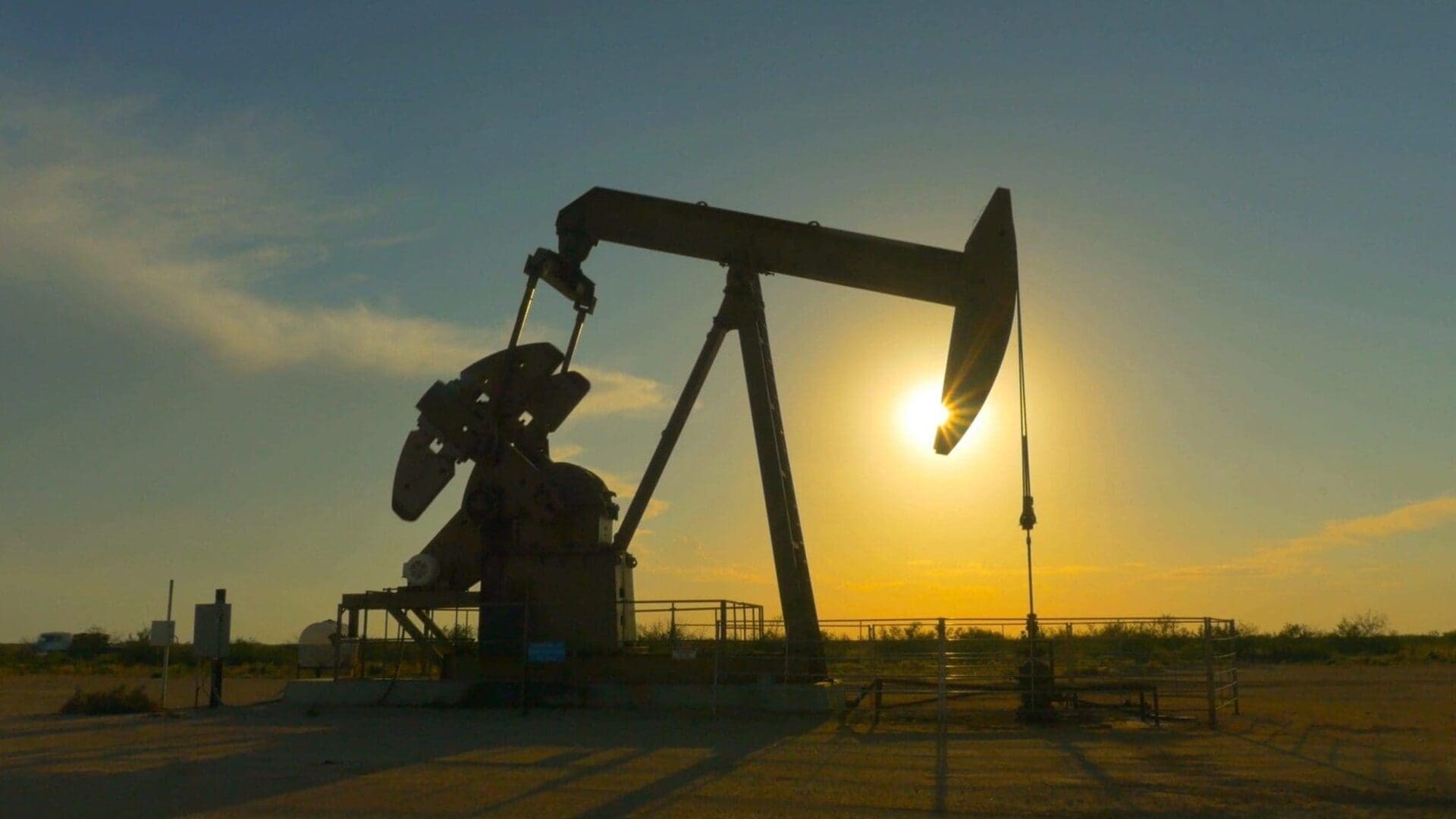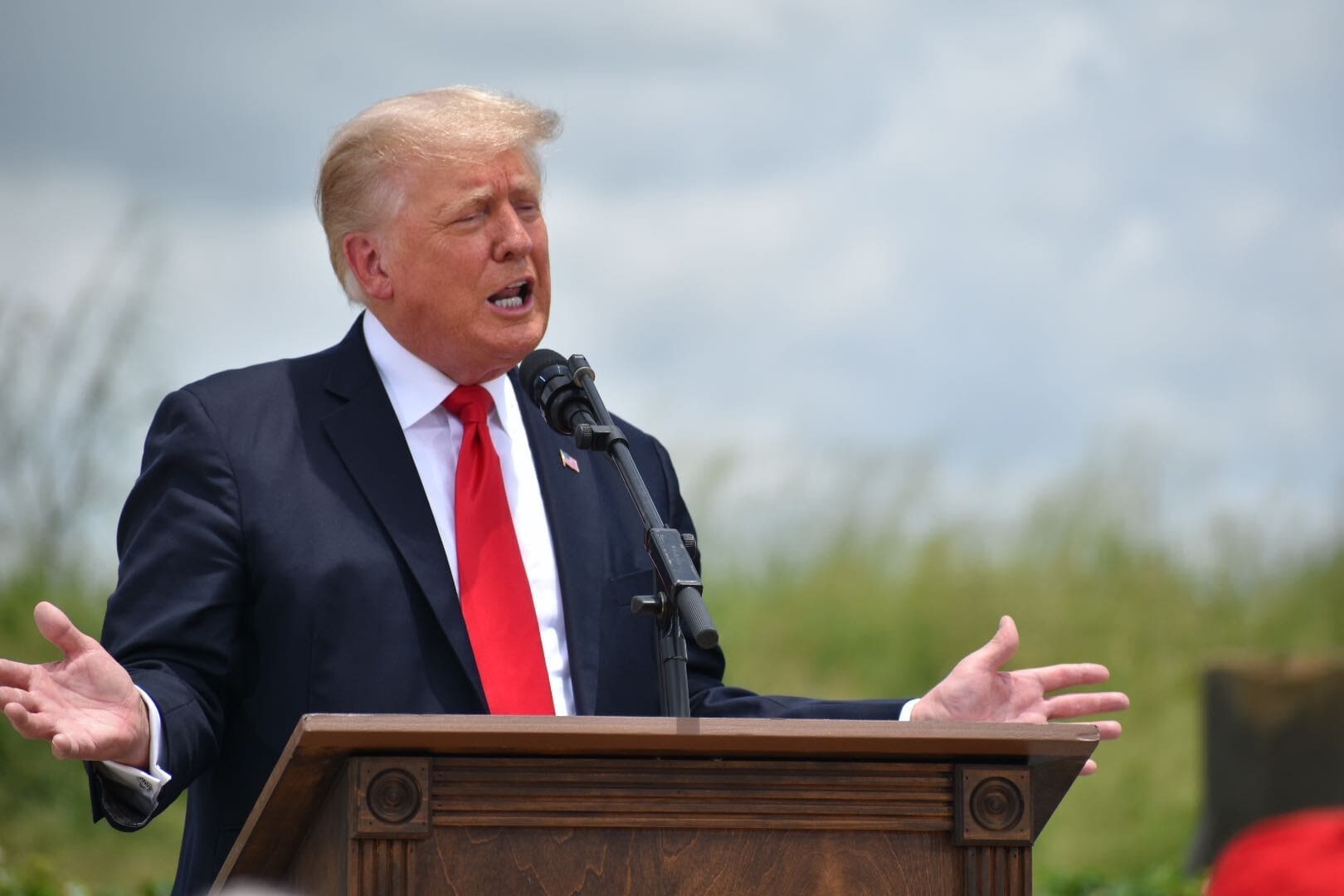As a retired energy supplier from Houston who spent my career working on the ground to generate energy, I am concerned with the current state of America’s energy security.
By now, it has become painfully clear that Russia’s invasion of Ukraine doesn’t just mean trouble for eastern Europe. It’s also having ripple effects here in the U.S., as energy prices have been sent soaring, including gas prices reaching more than $5 per gallon on average in many states. With prices like these, we need to be engaging in conversation surrounding real solutions. The best way to lower gas prices is by increasing domestic energy production.
Americans should rightfully be concerned for Ukraine, a democratic ally of the U.S., but they shouldn’t ignore one of the truths emerging from the current conflict: if we don’t take advantage of our domestic energy resources, consumers will continue to be subject to the whims of geopolitics, including mercurial dictators like Vladimir Putin.
Despite America’s energy boom, the U.S. still remains far too dependent on foreign oil, including oil from Russia. In fact, we imported a record 245 million barrels of crude oil and related petroleum products from Russia last year, an astonishing 79 percent increase from just four years ago.
President Biden just visited Saudi Arabia and continues to look abroad for increased oil supply instead of looking here. The problem here is that Russian state-owned companies have substantial holdings in Venezuela, and Saudi Arabia also isn’t a reliable business partner. Looking to foreign actors not only hurts U.S. production potential, but it also puts our national security at risk.
The better solution is to encourage more oil production right here at home. Democrat Sen. Joe Manchin shares a similar view: “Given the current global situation, it is essential for the United States to step up to the plate as the superpower of the world. That includes the responsible development of our abundant energy and mineral resources.”
Unfortunately, the Biden administration isn’t listening. Instead, they are trotting out familiar anti-fossil fuel talking points. Climate Envoy John Kerry said during a recent event that the U.S. “absolutely” does not need to increase oil and gas drilling. He went so far as to say suggesting the need for increased energy production is a “false narrative.” These comments are perfect examples of the realfalse narrative.
Not everyone agrees. Tesla’s Elon Musk, a known champion of renewable power, tweeted, “Hate to say it, but we need to increase oil & gas output immediately.” Musk went on to explain, “Obviously, this would negatively affect Tesla, but sustainable energy solutions simply cannot react instantaneously to make up for Russian oil & gas exports.”
Musk is right. The U.S. can’t simply fill the void of an oil and gas shortage with renewables. Instead, policymakers should focus on increasing domestic production, including the following three steps.
First, the Interior Department needs to fully renew its offshore leasing plan, which expired at the end of June. The new proposed plan that was announced significantly decreases the amount of potential leases and even leaves room for approving no new leases at all. Texas, Louisiana, and other Gulf and Atlantic Coast states have abundant energy resources that could be explored under a new plan.
Second, we must approve permits for pipeline projects. The Federal Energy Regulatory Commission (FERC) took us in the wrong direction a couple months ago by increasing regulatory barriers to natural gas pipeline projects. This creates even greater uncertainty about energy supplies, especially in the wake of the president’s canceling of Keystone XL, which could have replaced oil from our adversaries with oil from Canada.
Third, we need to restore onshore oil and gas drilling leases to their previous conditions. The administration continues to only superficially support increased domestic production. For example, while the Interior Department announced it will resume lease sales on federal lands, the devil is in the details. They actually plan to enact greater restrictions by reducing the acreage available to companies by 80 percent and raising royalty rates. These increased costs will likely fall to the consumer at a time of record inflation.
The path for policymakers is clear: stop blocking U.S. energy production and start approving pipelines and taking steps to unleash American energy. That’s the best way to ensure that the U.S. ends its reliance on foreign energy supplies and creates the kind of energy security that serves us all.
This is a commentary published with the author’s permission. If you wish to submit a commentary to Texas Scorecard, please submit your article to submission@texasscorecard.com.





